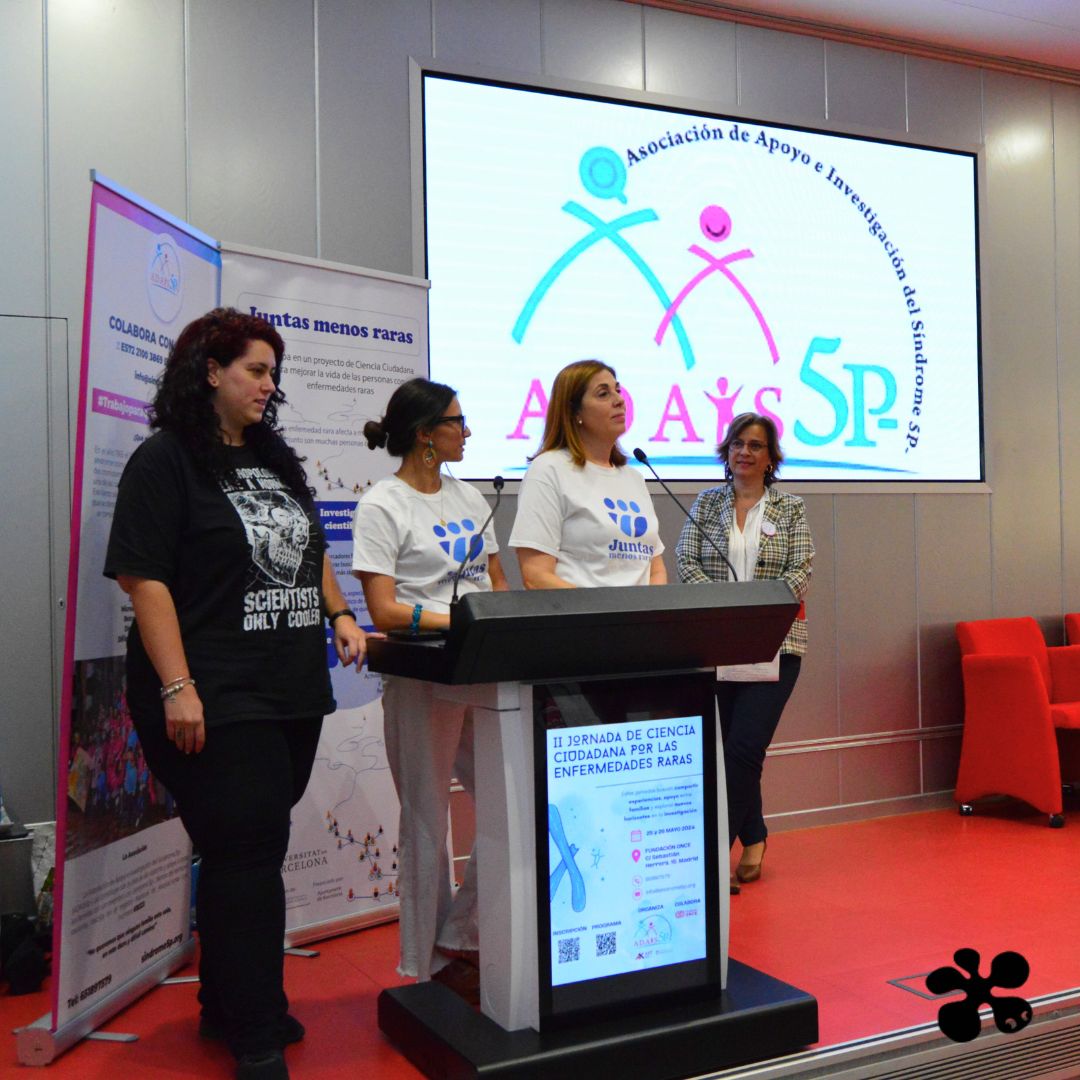What do we know about human biodiversity?
Biological anthropology, a disciplinary field that straddles biology, archaeology and sociology, consists of the study of the human species and its variation in space and time. It is a discipline that currently has various biomedical applications. Part of anthropological research relies on population genomics to understand the richness of human diversity.
The studies carried out by Dr. Esteban Torné, a researcher in Biological Anthropology at the Biodiversity Research Institute of the University of Barcelona, show that genetic variation in the general population can help to understand the predisposition or risk of certain diseases, or even the response to treatments. Within the framework of this discipline, Dr. Torné also contributes to research on rare diseases and biodemographic studies with a historical perspective. Finally, she explores the biological adaptations of humans in different environments and the impact of environmental factors on children's health, such as pollution and climate change.
The advantage of divulgation in anthropology is that the discipline is of public interest: for example, when you teach a subject in anthropology, you talk to people about their species; therefore, you would have to do it badly in order not to capture their attention, Dr. Esteban Torné explains. "This gives us an initial advantage, since anyone who enters this discipline can feel an immediate connection with the topics being discussed," she shares. However, this apparent familiarity carries a risk: it is easy to believe that we know about anthropology simply because we are human. This perception is often based on prejudices and preconceived ideas acquired within our closest environment, which does not reflect the real diversity of the world. For this reason, current anthropologists try to overcome the Eurocentric vision of scientific research by including more perspectives, in short, more diversity.
Human Biodiversity: more than just a biological view
"Human biodiversity addresses aspects such as the genetic and phenotypic diversity of our species, which must be studied from both a biological and cultural perspective" explains the researcher. Nowadays, many researchers prefer to focus on terms such as human variability, ancestors, and ethnic groups rather than using the term race, to avoid reducing human beings to simple biological categories, which ignore the richness and complexity of human populations and individual and collective cultures.
Dr. Esteban Torné, also a professor in the Department of Evolutionary Biology, Ecology, and Environmental Sciences of the Faculty of Biology at the UB, teaches a course on human biodiversity together with professors Yorgos Athanasiadis and Neus Martínez, where they delve into human diversity from a multidisciplinary perspective, promoting a complete vision of human diversity, which integrates both biological and cultural factors. Diversity includes aspects such as fertility rates, mortality, and life expectancy of different populations, as well as the biological impact of factors such as marriages, or genetic relationships between populations. Through anthropology, archaeology, and other disciplines, the similarities and differences between human groups are examined. These studies break with the concept of human races, the genetic relationships between different human populations show that the bulk of the differences in human populations are always found within the same group. Providing scientific data and contrasted data allows us to break down prejudices.
Phenomics and Genomics to help with the early diagnosis of rare diseases
The Biomarcadores Faciales No Invasivos project, led by Dr. Neus Martínez with the close collaboration of Dr. Esteban, is a pioneer in the diagnosis of rare diseases. Through analysis of faces in 3D images using artificial intelligence, adding genomics and other markers, it helps with the early diagnosis of some diseases that often take between 3-4 years to diagnose. In collaboration with engineers from the Ramon Llull-La Salle University, they are developing these biomarkers to help with the early identification of these rare diseases.
Alongside this project, Juntas Menos Raras was launched, a Citizen Science project funded by the Barcelona City Council, in collaboration with associations and families of patients with rare diseases. This project offers information sessions to bring families closer to scientific research, resolve doubts, listen to the interests of families and offer the possibility of participating in the sampling. The project began in Barcelona and has already expanded to other regions of Spain.
Infant mortality in Barcelona: A look at the past reveals social inequalities
Historical biodemography allows the study of infant mortality through the historical records of the city. At the end of the 19th century and beginning of the 20th century, infant mortality in Barcelona was still excessively high, with approximately a quarter of babies not reaching their first year of life. Poverty and infectious diseases were the main causes of this high mortality rate.
This research, which is part of a master's thesis by student Mercedes García Saura, and currently, a degree thesis by student Anna M Medina Vidal, helps to understand infant mortality in a context of urbanization and population growth. Emphasis is placed on the distribution of mortality in the different neighborhoods of the city, to analyze whether social disparities explain different patterns of infant mortality.
Dr. Esteban Torné concludes by highlighting the importance of providing knowledge based on scientific evidence to dismantle prejudices and preconceived ideas, and thus enrich the understanding of human diversity in all its aspects. With this integrative approach, the researcher is contributing with her scientific research to put emphasis on the holistic understanding of human diversity and its impact on health and well-being.
